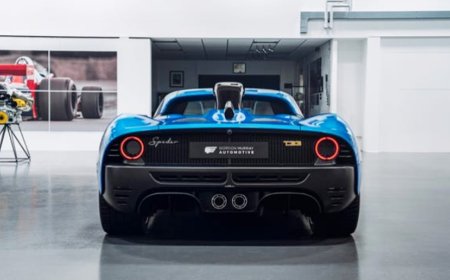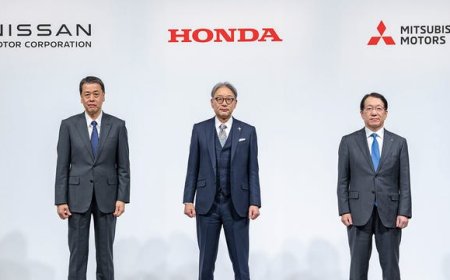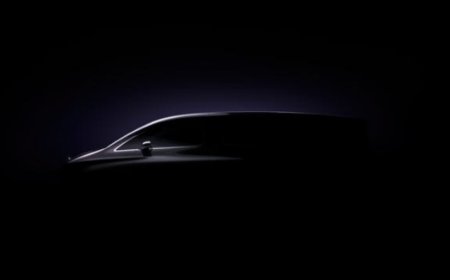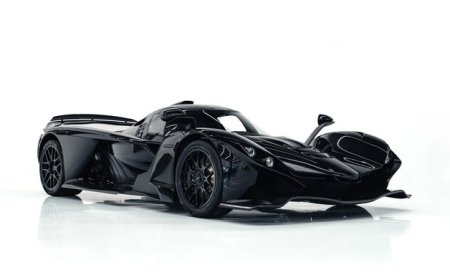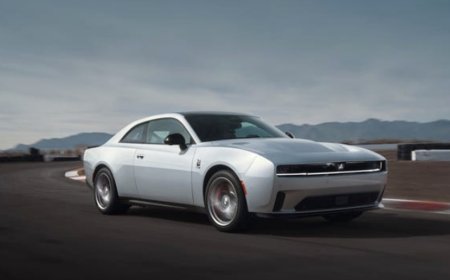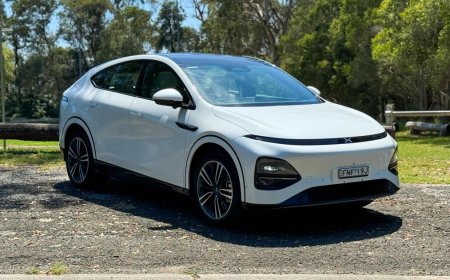Europe strikes back: $1 billion EV battery grants to rival China
With a $1 billion investment, the EU aims to challenge China’s dominance in EV battery production and secure a greener future.
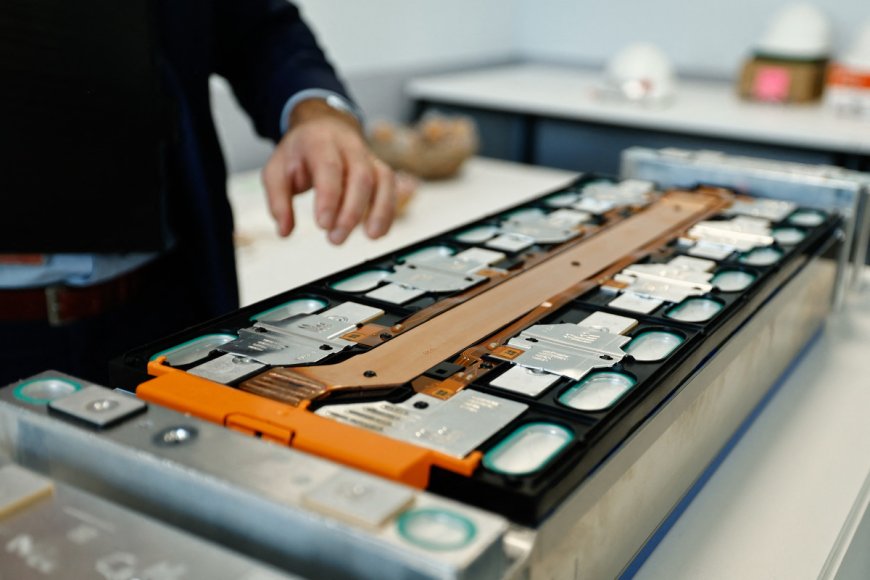
The European Union has announced over $1 billion in grants to bolster its EV battery industry, part of a broader effort to compete with China’s dominance in green technologies. The funding, which is tied to stringent sourcing criteria, is designed to encourage domestic production while reducing reliance on Chinese components like cathodes and anodes, Bloomberg reported.
This initiative is central to the EU’s strategy to build a resilient clean energy supply chain, ensuring the region’s climate goals are met without sacrificing industrial independence. In addition to supporting local manufacturers, the EU mandates that any new patents from funded projects must be registered within its member states to retain critical intellectual property.
Related: Nissan faces tough decisions amid production cuts and tariff woes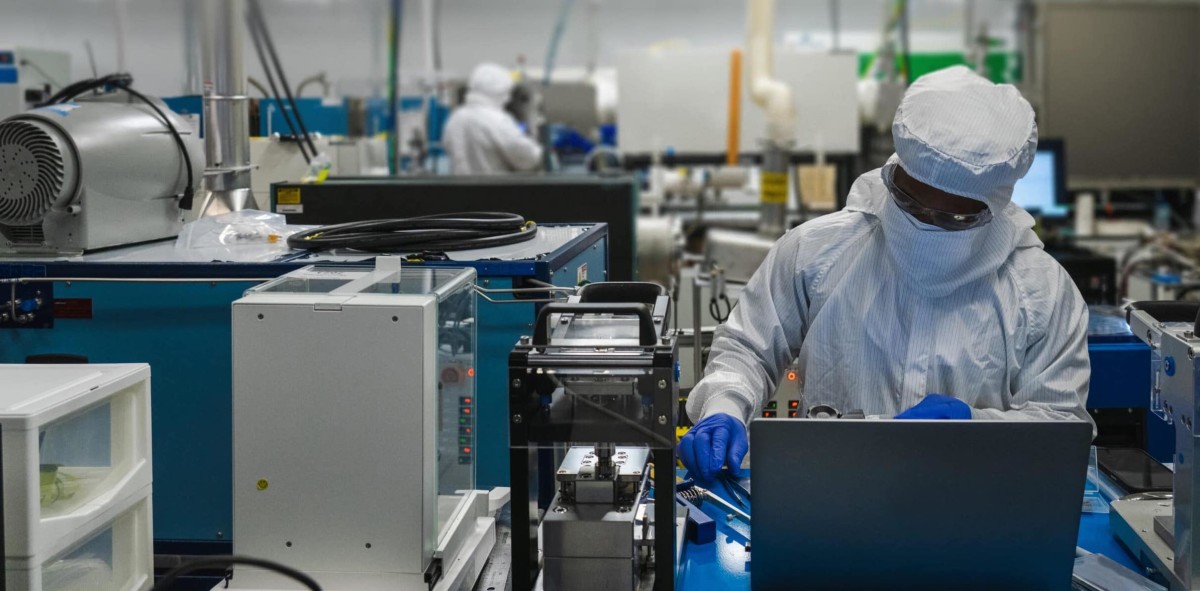
Boosting resilience in the battery supply chain
The $1 billion program prioritizes projects that rely less on materials sourced from China. This requirement reflects the EU’s determination to safeguard its industries from vulnerabilities caused by overdependence on a single supplier.
“The batteries call and hydrogen bank auction will also include specific resilience criteria to protect Europe against dependency on a single supplier,” said Teresa Ribera, the European Commission’s executive vice president for the clean transition.
Related: Gas prices are plummeting: See how your state compares
Investments expand to hydrogen and net-zero tech
In addition to EV batteries, the EU is channeling funds into other green technologies. A $1.3 billion (€1.2 billion) auction for hydrogen production requires projects to limit the sourcing of Chinese electrolyzer stacks—essential components in hydrogen production—to no more than 25% of their total capacity.
Another $2.5 billion (€2.4 billion) call for net-zero technologies sets similar limits, favoring projects that minimize the use of raw materials from non-European suppliers. These moves aim to stimulate domestic production across multiple sectors critical to the EU’s climate and industrial goals.
Related: Cheap cars could be getting very expensive
The stakes for Europe
Chinese EV manufacturers like BYD have arisen in recent years as a point of concern for European and American automakers, but the country’s prolific presence in the EV market extends beyond its own car models. Many of the EV components in European and American cars come from Chinese sources.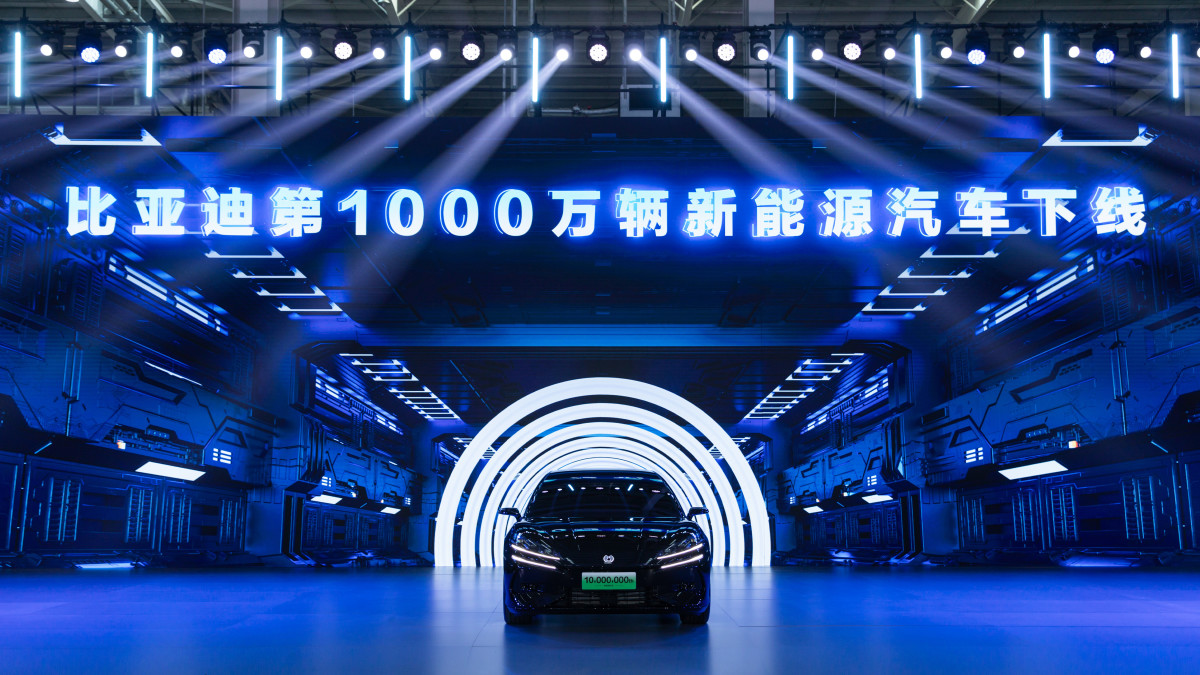
China has long dominated global supply chains for EV batteries and renewable energy components, raising concerns among European policymakers about economic and strategic vulnerabilities. By tying grants to local sourcing and innovation, the EU hopes to not only reduce risks but also create a competitive green tech sector.
However, challenges remain. Sourcing restrictions could increase production costs and slow the rollout of green technologies, potentially putting Europe at a disadvantage in the short term. However, EU leaders argue that the long-term benefits of a self-sufficient industrial base outweigh the initial hurdles.
Final thoughts
As Europe races toward its 2050 net-zero emissions goal, this ambitious investment plan highlights a critical shift: the green transition will not come at the expense of domestic markets. By pushing for restrictions on sourcing, the EU has indicated that it is willing to potentially delay the adoption of greener technologies in the name of protecting its economic interests.
Related: 2025 Toyota GR Corolla track drive review: Can an 8-speed automatic be awesome?
